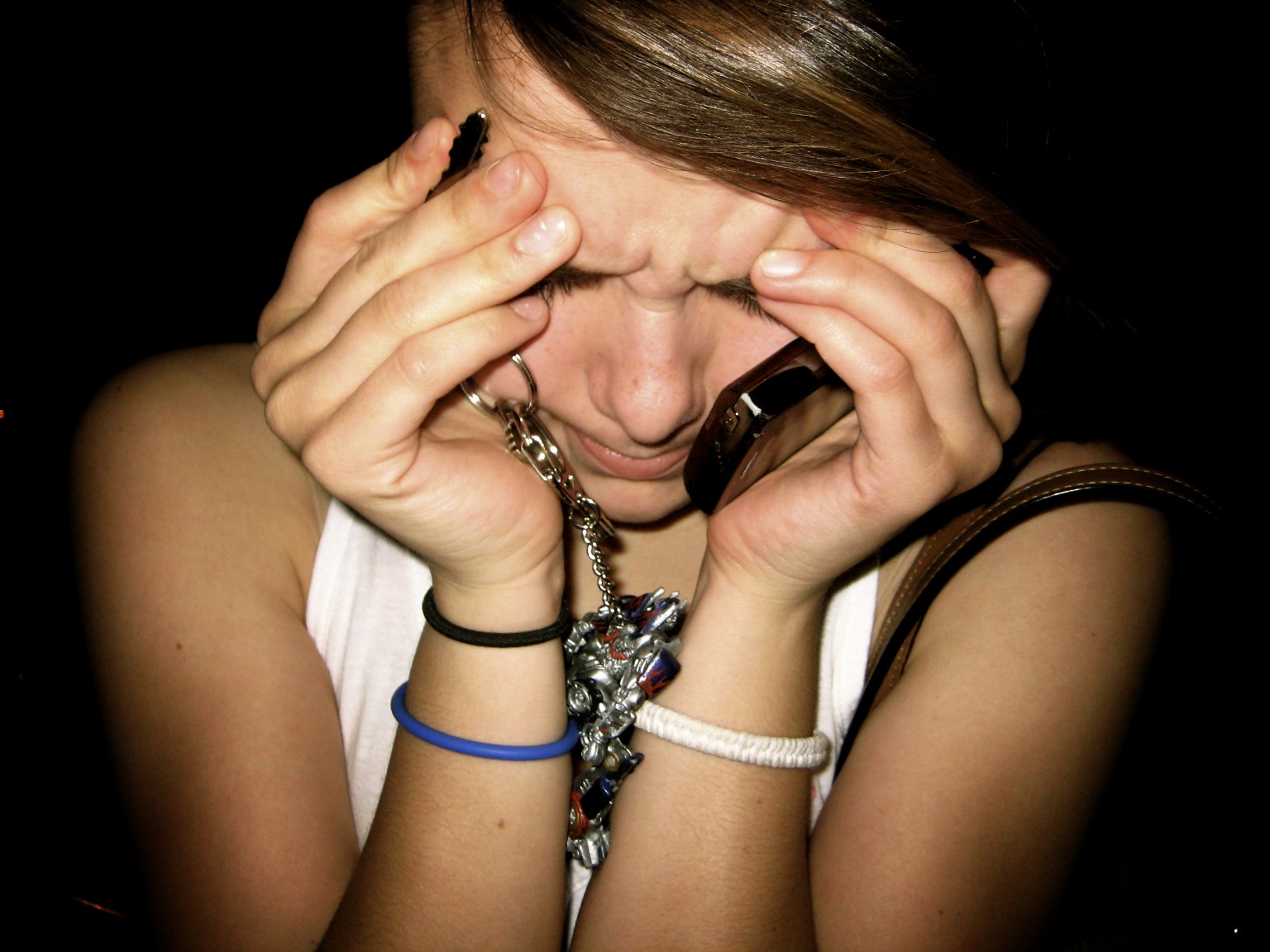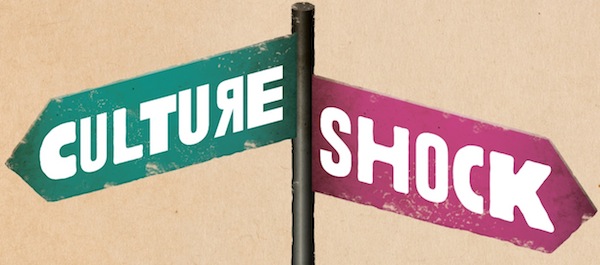Unusual sights and smells; people rushing to places unknown; new technology, and communication you don’t quite understand—and people who don’t quite understand you. This isn’t the scenario of an experience abroad, but instead of a coming home. Returning after a time in a different country and culture can lead to feelings of isolation, confusion, malaise, and frustration better known as reverse culture shock.
Although it’s less discussed when talking about cross-cultural understanding, reverse culture shock is very real. Here are some things to expect and look out for when repatriating into your home country.
Arrival. The initial return home, though marred perhaps by leaving your newfound friends and life, will be filled with a great deal of excitement. After all, you’ll get to see your family and old friends, enjoy your favorite foods and explore or re-explore your town. Your perception of home will have been idealized after the time way, something that happens often with many situations in life. Expect the arrival to feel somewhat euphoric; enjoy it, but prepare for the change…

Reality. Suddenly, things that you used to do every day seem foreign. Although you may be excited to share your experiences with those around you, the sad reality is many people won’t appear very interested. This is for a variety of reasons—some people simply can’t relate while others genuinely don’t care. But one way to counteract this is to take an interest in those you’re reaching out to – their lives have changed too. Listen first then invite others into your story, you’ll be surprised by how receptive people will become.
“In _______ we always did this before we ate.”
“We didn’t drive like this in ______”
Disengagement. After some time back home, you’ll find yourself returning to old habits. Buying things at the grocery store seems less daunting or driving everywhere makes sense again (out of necessity more than anything else). However, a certain element of resentment might take place. You’re back, you’re home—but you don’t necessarily like it. You feel slightly trapped or are always thinking of ways you can return to your expatriate way of life. This could be a sign of reverse culture shock. Will you stay and stick things out, or will you leave and pursue another shore?
Readjustment. More than likely you’ll end up staying home, at least for enough time to fully reengage and immerse yourself in your own culture. However, you’ll still be a different person. The experiences you had living, working, being abroad will stay with you and you’ll reflect on them for years to come. And, should you choose to leave your home again, you’ll find the continuation of the story even more empowering. The more you learn to adapt and appreciate all cultures, your own included, the stronger a person you will become.



